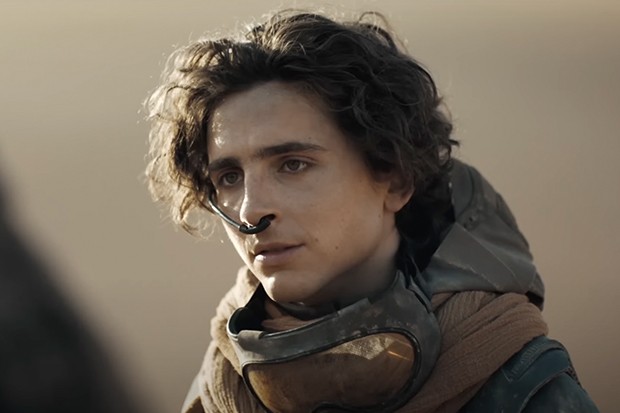Denis Villeneuve, acclaimed director of films such as “Sicario,” “Arrival,” and “Dune,” has shared his thoughts on a specific aspect of modern filmmaking that he believes is damaging the creative potential of movies. In an interview with The Times, Villeneuve expressed his disdain for dialogue in movies, arguing that visual imagery leaves a stronger impact on audiences. He believes that studios’ efforts to prioritize memorable dialogue over visual storytelling have corrupted the cinematic experience. Let’s delve into Villeneuve’s perspective and its implications for the film industry.
Denis Villeneuve’s Stance on Dialogue in Movies
Villeneuve boldly states his dislike for dialogue in movies, asserting that it belongs more to theater and television than to the big screen. He contends that memorable movies are remembered not for their lines but for their powerful images. For him, the essence of cinema lies in pure visual and auditory storytelling, rather than in dialogue-driven narratives.
Critique of Television’s Influence on Movies
Villeneuve attributes the perceived decline in visual storytelling in movies to the influence of television, particularly the modern era dubbed the “Golden Age of Television.” While acknowledging the innovations that TV has brought to the industry, such as advanced visual effects tools like the Volume, he believes that movies have been negatively impacted by attempts to replicate television’s dialogue-centric storytelling.
Broader Discussion on the Relationship Between TV and Movies
Villeneuve’s critique is part of a larger ongoing debate about the interplay between television and movies. While TV has borrowed from the cinematic realm, attempting to emulate the success of big-budget films, Villeneuve argues that this trend has compromised the integrity of visual storytelling in movies. However, it’s worth noting that the reverse critique exists as well, with television struggling to capture the essence of cinematic storytelling, especially within franchise-driven limited series.
Implications for the Film Industry
Villeneuve’s comments underscore the ongoing tension between traditional cinematic storytelling and the evolving landscape of visual media. As studios prioritize franchise growth and streaming content, there’s a constant negotiation about the most effective storytelling methods for each medium. While Villeneuve advocates for preserving visual storytelling in movies, finding a balance between dialogue and imagery remains a complex challenge for filmmakers navigating the modern entertainment landscape.
FAQ
What prompted Denis Villeneuve’s critique of modern filmmaking?
Denis Villeneuve expressed his views on modern filmmaking during an interview with The Times. He particularly emphasized his dislike for dialogue in movies, arguing that visual imagery has a stronger impact on audiences.
How does Villeneuve perceive the role of dialogue in movies compared to visual imagery?
Villeneuve believes that dialogue is more suited to theater and television, while he sees visual imagery as the essence of cinema. He contends that movies are remembered for their powerful images rather than memorable lines.
What influence does Villeneuve attribute to television on modern filmmaking?
Villeneuve suggests that the influence of television, especially during the “Golden Age of Television,” has led to a decline in visual storytelling in movies. He argues that attempts to replicate television’s dialogue-centric approach have compromised the cinematic experience.
What broader discussion does Villeneuve’s critique contribute to?
Villeneuve’s critique adds to the ongoing debate about the relationship between television and movies. It highlights the challenges faced by filmmakers in navigating the evolving landscape of visual storytelling across different media platforms.
What implications does Villeneuve’s critique have for the film industry?
Villeneuve’s critique underscores the importance of preserving visual storytelling in movies amidst the growing influence of television and streaming content. It prompts a reflection on finding a balance between dialogue-driven narratives and cinematic imagery in filmmaking.
